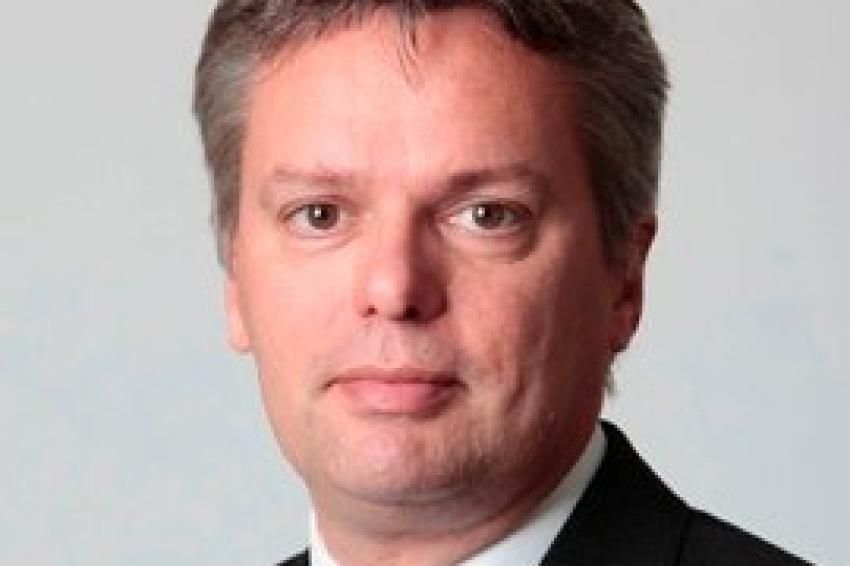UK Fracking Debate Heats Up on Tax Breaks, Reserve Potential
20.06.2013 -
The ongoing UK debate over the chances and risks of hydraulic fracturing, or fracking, is gathering momentum. The country already has one of the largest anti-fracking movements worldwide, with protest groups active across all regions of England as well as in Scotland and Northern Ireland.
Now the government's lifting of its moratorium on fracking and its plan to offer tax breaks for companies engaging in shale gas exploration, along with a recent estimate that reserves could be much more substantial than thought, is causing temperatures to rise on both sides of the debate. At the same time, it is spurring M&A activity among fracking firms.
After conducting what it said were "extensive studies," IGas, a British company licensed to explore 300 square miles of potential gas fields between Liverpool and Manchester, said it believes the deposits have the potential to make the country self-sufficient in gas for 10 to 15 years as well as creating thousands of jobs.
The company's estimates vary wildly, along with its view of the extraction potential. Under the best-case scenario it sees as much as 172 trillion ft3 in the worst-case scenario as little as 15 trillion ft3. An initial IGas estimate, prior to the studies, saw 9 trillion ft3 of gas. CEO Andrew Austin said on BBC radio, "It is not unreasonable to assume that altogether there could be as much as 500 trillion ft3 of shale gas below northwest England."
The UK's current gas consumption is estimated at 3 trillion ft3, and the government has recently warned of a supply shortfall. Cuadrilla, currently the largest company with a fracking license, believes there may be 200 trillion ft3 of gas in its license area near Blackpool in Lancashire. Operations there were suspended in 2011 following a series of small earthquakes, which led the government to declare a moratorium - lifted in December 2012.
Earlier this year, the UK Energy and Climate Change Committee put a more negative perspective on the shale gas "gold rush," warning that while fracking could help secure domestic energy supply, this would not necessarily slash gas prices as has been the case in the U.S. Later this year, the British Geological Survey is due to release its latest estimate of how much gas northwest England's Bowland Shale basin could contain.
In the background, private equity companies are pulling the strings to slice up the potentially lucrative reserves. The owner of energy company British Gas is said to be in talks with Australia-based Cuadrilla, owned by private equity investor Centrica, about a majority stake in Cuadrilla's Bowland Shale licence. (dw)





